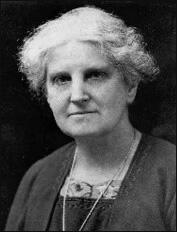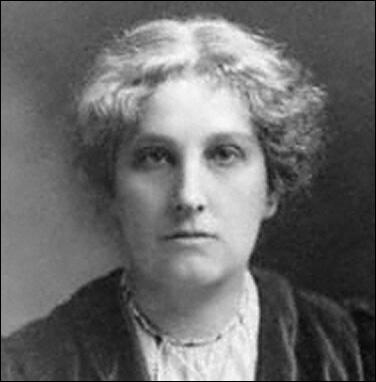Margaret Llewwlyn Davies

Margaret Llewelyn Davies, the daughter of J. Llewelyn Davies, was born at Kirkby Lonsdale, Westmorland on 16th October, 1861. Her father was a Christian Socialist and a strong supporter of women's rights. After attending Girton College, Cambridge, Llewelyn Davies became involved in several progressive causes.
Llewelyn Davies joined the Women's Co-operative Guild (WCG) and for thirty-two years was the organisation's General Secretary. Under her leadership the WCG became a campaigning organisation. After carrying out an investigation into the working conditions of the 2,000 women employed in co-operative stores, the WCG advocated the introduction of a minimum wage. By 1912 the Co-operative Wholesale Society and 200 other retail societies had complied with the WCG's policy on wages.
A member of the National Union of Suffrage Societies (NUWSS), Llewelyn Davies took part in several peaceful demonstrations, including a sandwich-board picket of the House of Commons in 1912. She also gave evidence to the Royal Commission on divorce reform and the Women's Co-operative Guild created great controversy by urging that divorce by mutual consent after two years separation should be legalized.

Other campaigns instigated by Llewelyn Davies included an attempt to reduce the high infant-mortality rates by the introduction of improved ante-natal, natal, and post-natal care. These views were expressed in her book, Maternity (1915). Other books included, Life as We Have Known It (1931).
Margaret Llewelyn Davies died on 28th May 1944.

